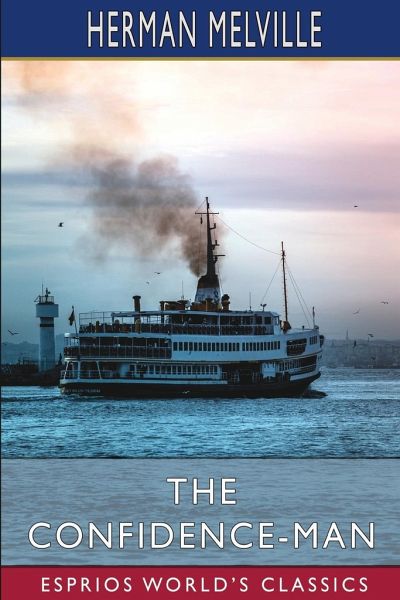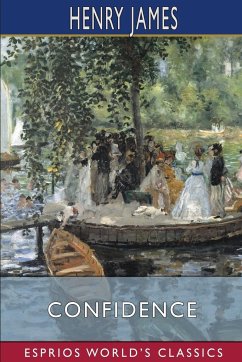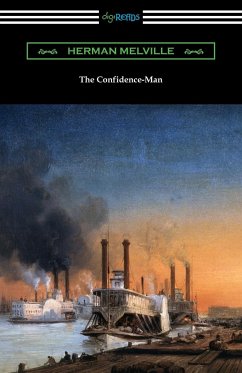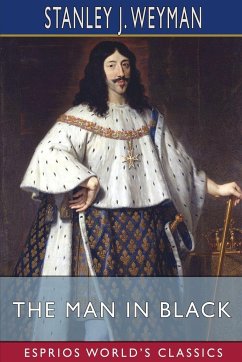Nicht lieferbar

The Confidence-Man (Esprios Classics)
His Masquerade
Versandkostenfrei!
Nicht lieferbar
The Confidence-Man: His Masquerade, first published in New York on April Fool's Day 1857, is the ninth book and final novel by American writer Herman Melville. The book was published on the exact day of the novel's setting. Centered on the title character, The Confidence-Man portrays a group of steamboat passengers. Their interlocking stories are told as they travel the Mississippi River toward New Orleans. The narrative structure is reminiscent of The Canterbury Tales (1392). Scholar Robert Milder notes: "Long mistaken for a flawed novel, the book is now admired as a masterpiece of irony and ...
The Confidence-Man: His Masquerade, first published in New York on April Fool's Day 1857, is the ninth book and final novel by American writer Herman Melville. The book was published on the exact day of the novel's setting. Centered on the title character, The Confidence-Man portrays a group of steamboat passengers. Their interlocking stories are told as they travel the Mississippi River toward New Orleans. The narrative structure is reminiscent of The Canterbury Tales (1392). Scholar Robert Milder notes: "Long mistaken for a flawed novel, the book is now admired as a masterpiece of irony and control, although it continues to resist interpretive consensus."











